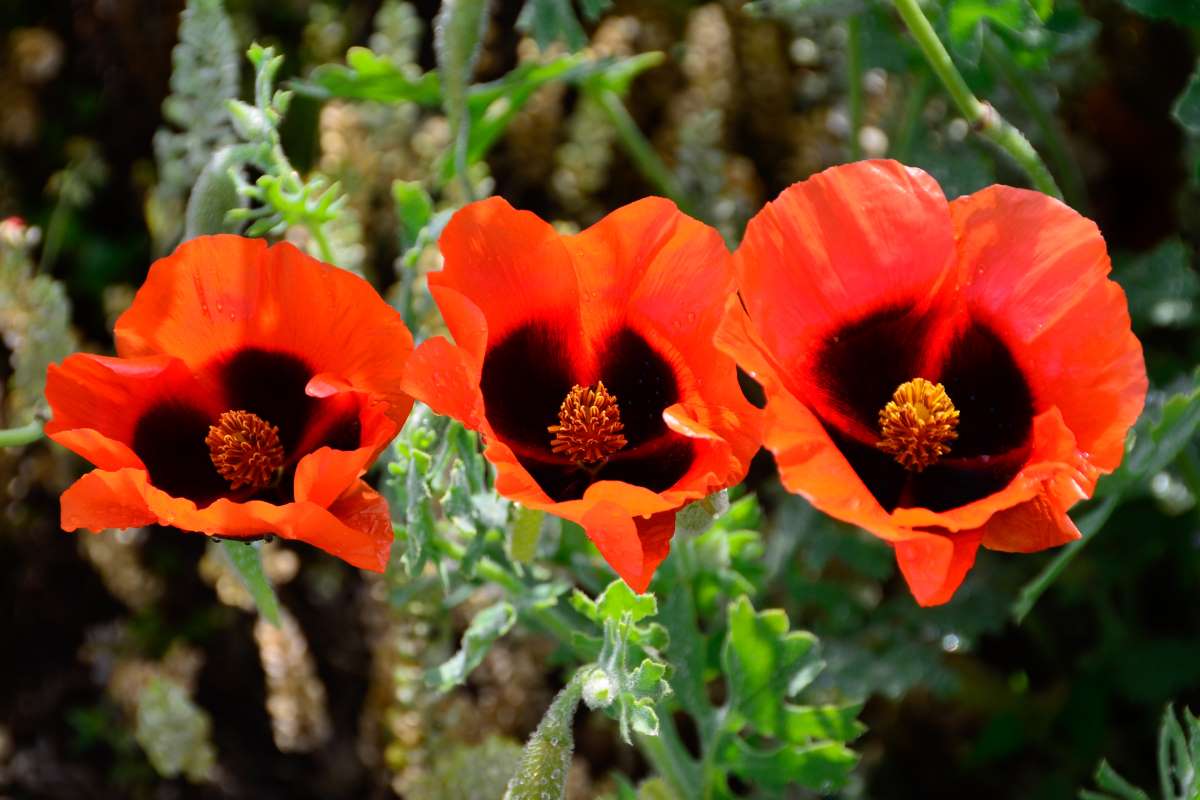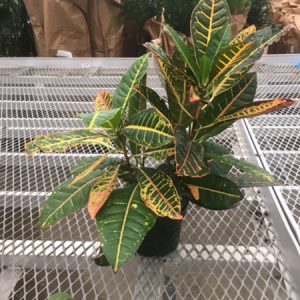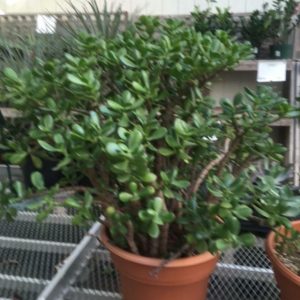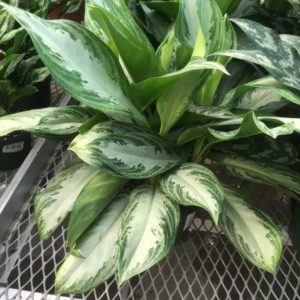Description
Glaucium – Horned Poppy – Sea Poppy –
There are about 25 species of erect, often rosette forming, annuals, biennials, and short lived perennials, in this genus. They are disturbed or waste ground in Europe, the Middle East, Northern Africa, and Central and Southwestern Asia. They have pinnatifid, hairless to softly hairy, narrowly ovate to nearly rounded, glaucous leaves with large terminal lobes and orange yellow sap. Showy, solitary, terminal and axillary, poppy like, paper thin, yellow, red, or white flowers are borne mainly in summer, are followed by 12″ long, curved, decorative seed heads that rapidly elongates. Grow in a border, gravel garden, or in seaside plantings. Roots are toxic if ingested.
Grow in poor to moderately fertile, well drained soil in full sun. They resent disturbance.
G. grandiflorum – This rosette forming perennial from Northeastern Egypt, Turkey, Syria, Iran, and the Caucasus, grows 12-20″ tall and wide. It produces alternate, pinnatifid or pinnatisect, glaucous, bluish green leaves, to 8″ long, consisting of obovate-oblong segments. Poppy like, bowl shaped, dark orange to crimson flowers, to 2 ½” across, each with a dark spot at the base, are freely borne in summer.
Zones 6-9




